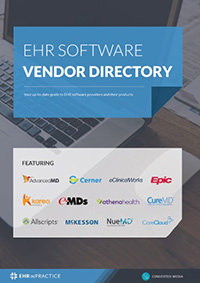Three native Android EHR apps for your mobile EHR shortlist
Given the omnipresence of Apple in the mobile technology space, one can easily fall into the assumption that the iOS platform is the only option in the mobile EHR market. The reality is that, Apple’s chief competitor in the mobile OS market, Android, is quite well represented among mobile EHR apps and is often offered in tandem with iOS.
It seems logical that Android would have its place at the mobile EHR table given that Android holds an 82.8% market share in the mobile OS space. Indeed, this makes shopping for a mobile device to host these mobile EHR apps much easier and likely less expensive as well. Here are three products with established native Android EHR apps to add to your preliminary mobile EHR shortlist.
1. Epic
Epic provides a number of Android native apps which, when used on a mobile device, can function as a portable workstation. For example, Epic’s Haiku app for handheld mobile devices provides portable access to patient charts, patient lists, schedule, search, messaging, e-prescribing, dictation, and clinical image capture.
Compare Epic, Meditab and many more mobile EHR systems using our free EHR comparison tool
In addition to the provider oriented Haiku, Epic also offers a freestanding PHR, named Lucy that can be used by patients wherever they receive care to review their medical information and enter health data directly. The app can also offer providers an access point through which to upload Continuity of Care Documents from other facilities or access documents from the main EHR system to incorporate into the patient's electronic chart.
2. Meditab
Meditab's Android EHR apps, allow providers to access patient information and manage their practice outside the office. Meditab's mobile app helps providers manage patient check-in and check-out, manage scheduling, task management and offers a platform for patients to view and sign forms.
Users reviews are few and far between for Meditab apps, but the overall sentiment is certainly positive with the user interface being singled out for particular praise.
3. Medlium
Medlium offers a contract-free mobile EHR which allows providers to access records, schedule appointments, send automated reminders to patients, record patient demographics, track vitals, digitize existing forms with a form builder, take clinical photos, secure messaging, upload and organize documents, track tasks, manage inventory, send fax referrals and ePrescribe.
GET EHR RESEARCH & KNOWLEDGE RIGHT TO YOUR INBOX
Covering the key issues faced by businesses selecting and implementing EHR.
Android vs iOS: making the decision
Mobile EHR vendors more often than not provide an Android or iOS option. Given this choice, one consideration is the availability of mobile devices used in a facility. Often the types of devices currently being used will dictate the type of mobile app selected. If an organization has Android devices in place, Android EHR would be the logical choice so as to avoid extra expenses related to buying new devices.
Secondly, Android devices are less expensive by a large margin when compared to Apple (iOS) devices. As such, organizations who may have limited investment may choose an Android based EHR app to reduce hardware costs.
Ultimately, the Android-iOS question can be distilled down to preferences and cost considerations. From the apps discussed here, one can draw the conclusion that Android EHR apps offer full functionality and are often paired up with a similar iOS app. Thus, an Android mobile EHR app can provide a viable alternative to setting up an iOS based mobile EHR infrastructure.
Free white paper
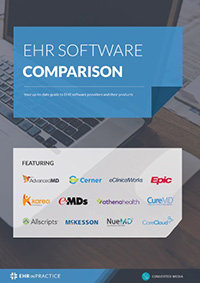
EHR Software Comparison
A hand-picked comparison of leading EHR software systems
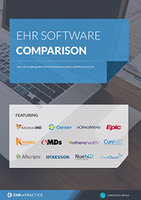
Featured white papers
Related articles
-
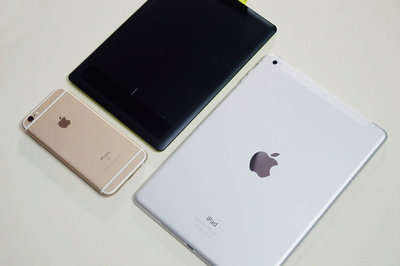
iOS and Android mobile EHR apps: everything you need to know
Everything you need to know about mobile EHR - features, benefits, recommended apps and more
-

How to sell cloud EHR to practice management
Practice managers can be cautious when it comes to cloud EHR - here's how to ease their fears
-
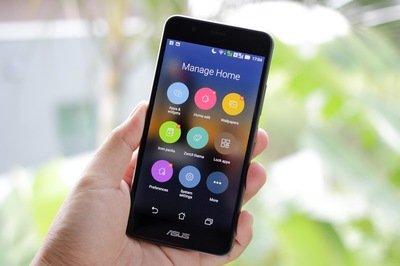
Mobile EHR predictions for the next five years
Some thoughts on how mobile EHR could shape the direction of healthcare IT over the coming years


